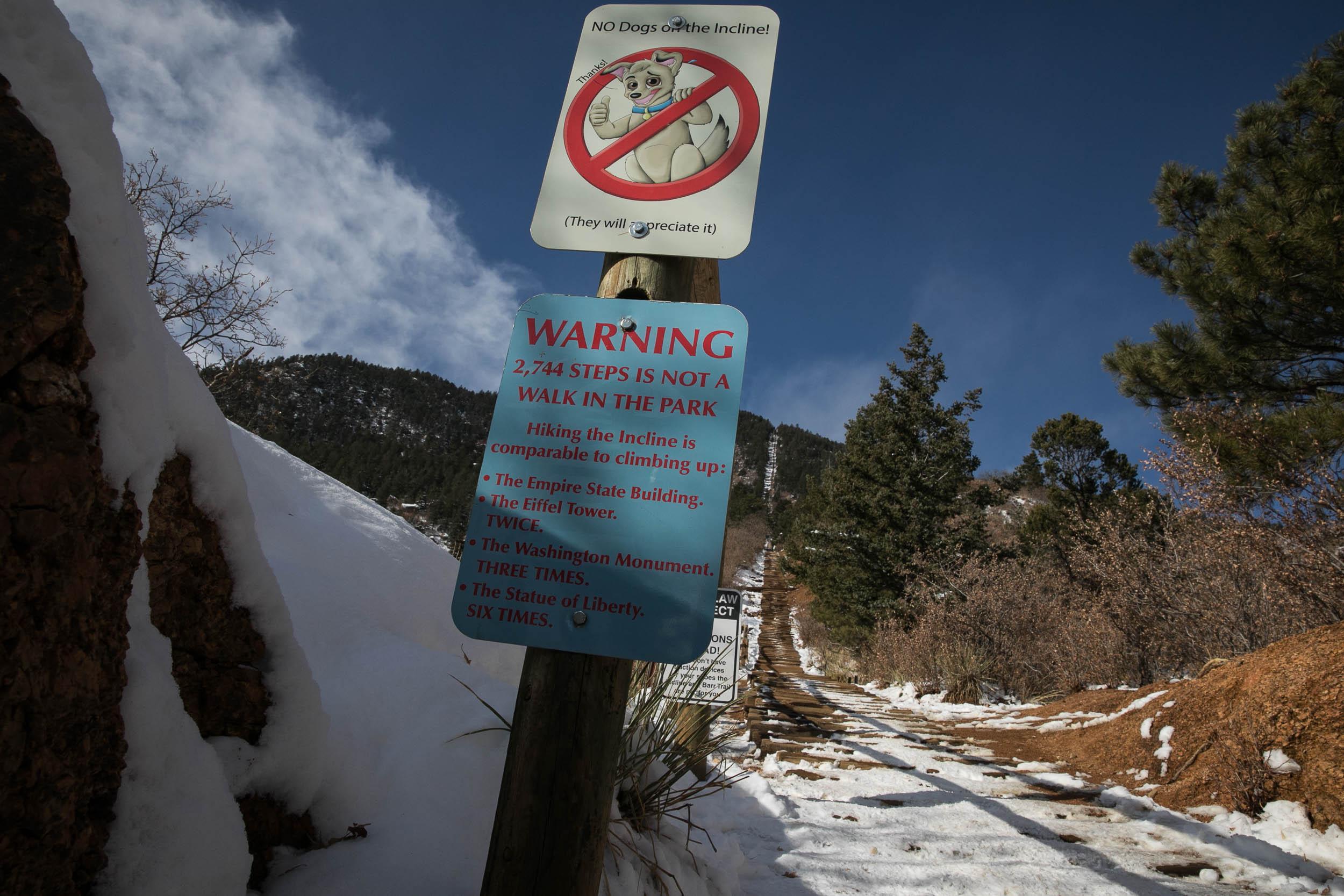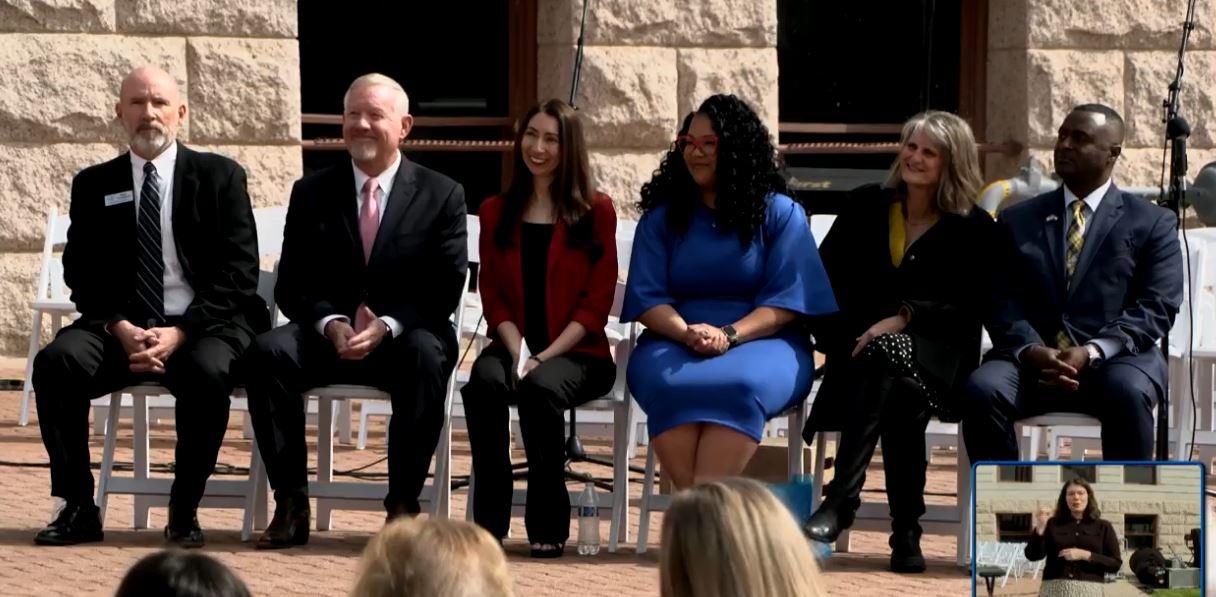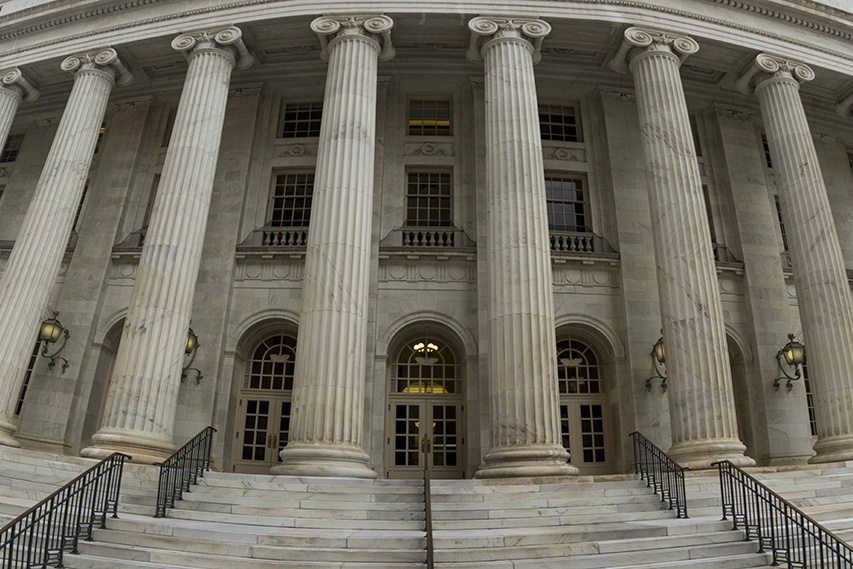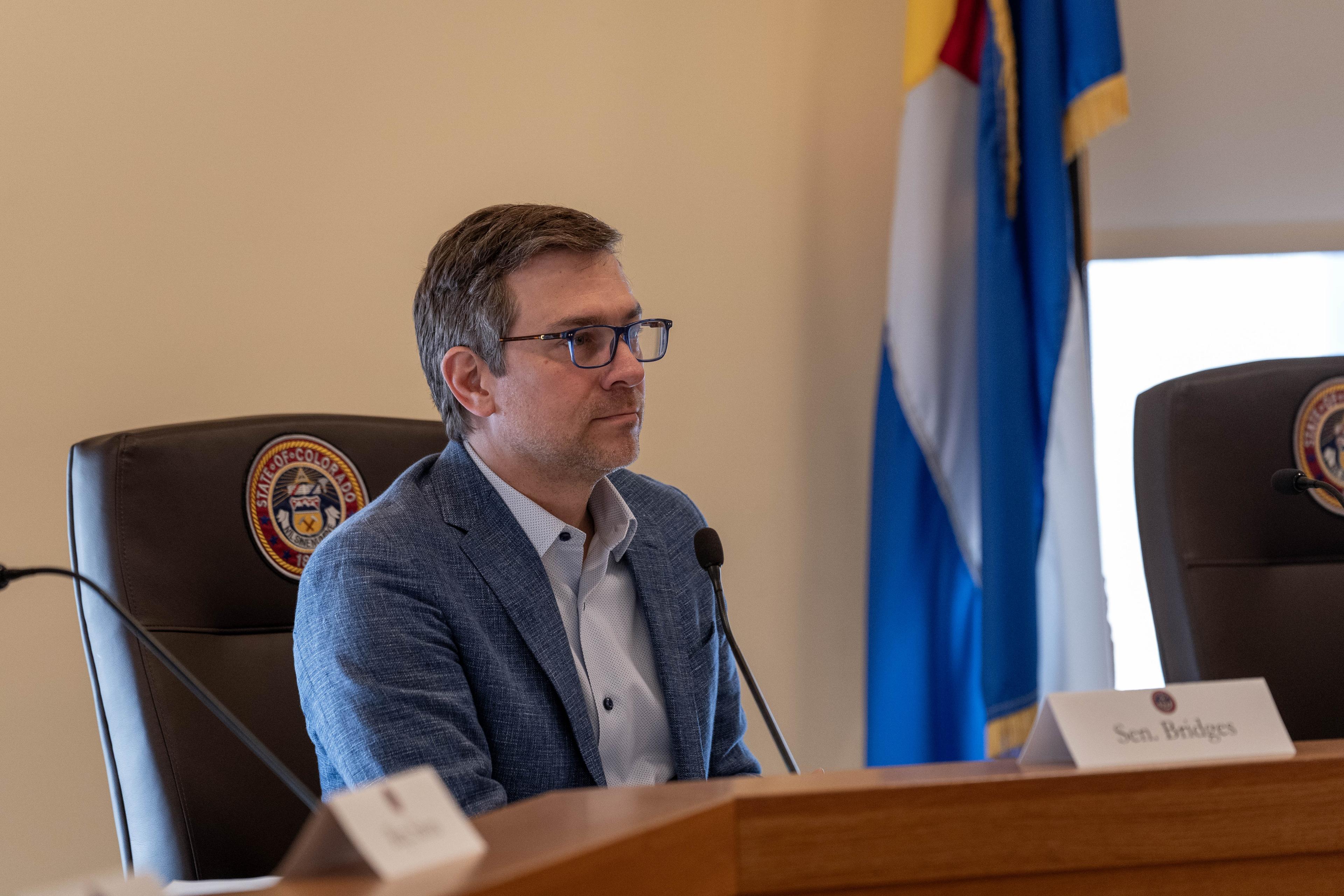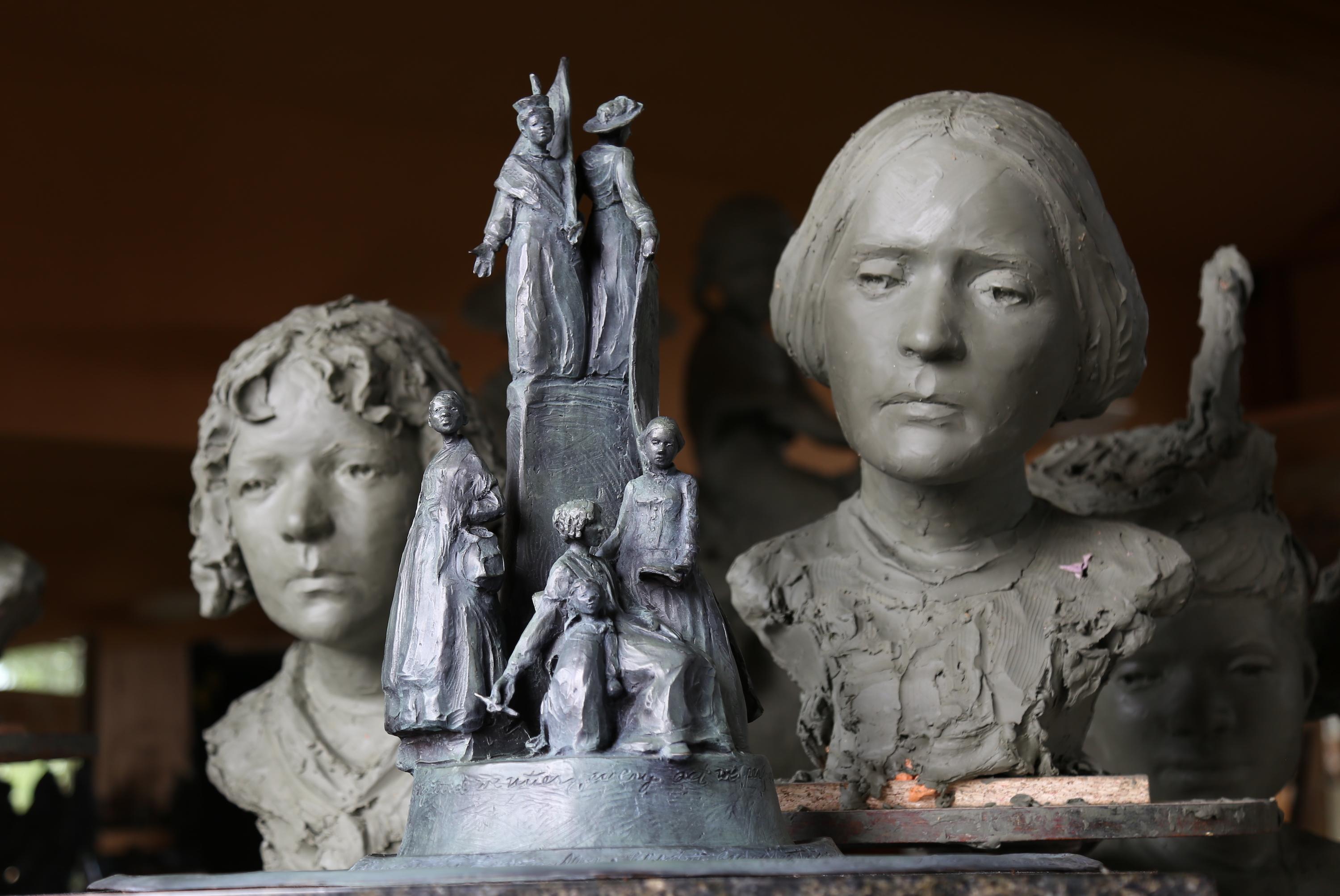
A bill that would install a sculpture by a Colorado artist commemorating the women’s suffrage movement in Washington, D.C. had hearings in both the Senate and the House of Representatives.
The entire Colorado delegation supports the bill. Boulder Democratic Rep. Joe Neguse has led the legislative effort in the House. He’s a new father and told the committee he wants his daughter “and every girl growing up alongside her feel represented, empowered and are ensured of the fundamental role that they play in our society.”
“The fact that there is no monument in Washington, D.C., no outdoor monument, to the suffragette movement, to me is something we felt like needs to be addressed,” he explained.
Republican Sen. Cory Gardner, sponsor of the legislation in the Senate along with Sen. Michael Bennet, agrees. He’s spoken with leadership about bringing the bill forward.
“We're going to keep pressing them to get this done. And this authorization I think is important. I've seen and visited with the artist. This will be an incredible opportunity,” he said.
Given Colorado’s history in support of the women’s suffrage movement, it makes sense to Gardner that the entire delegation is behind H.R. 473, which would establish the Every Word We Utter monument, and its companion bill in the Senate S. 1705.
In 1893, Colorado was the first state to approve women's suffrage by popular vote. Gardner believes “the incredible work, sacrifice, dedication of so many generations of women who gave themselves and empowered this country to deliver on the franchise” should be recognized.
The idea of the monument comes from Loveland artist Jane DeDecker and Jody Shadduck-McNally, president and co-founder of the Every Word We Utter Monument board. It took a lot of work to get to this point because establishing a new monument in Washington, D.C., even one that is donated to the National Park Service, takes an act of Congress. So, DeDecker and Shadduck-McNally came to the district last October and started knocking on doors, including 97 of 100 Senate offices.
“We’re really grateful and thrilled that we made it this far,” Shadduck-McNally said. “Because only about 1-2 percent of bills make it this far in the process.”
DeDecker and Shadduck-McNally are optimistic. The legislation has bipartisan support and comes at no cost to the taxpayer. Instead, private donations will fund the monument.
Because the fight to secure the vote for women was a decades-long effort, DeDecker wanted to showcase the different generations — from the women who fought for the right to vote but never had the opportunity to the women who did get to cast those first votes. The monument features Elizabeth Cady Stanton, Susan B. Anthony, and Sojourner Truth, as well as later generations of the movement in Harriet Stanton Blatch, Alice Paul and Ida B. Wells.
The bills still face hurdles. They each need to get out of committee before they even have a chance at a vote on the floor of the Senate or the House, not to mention a signature by the president. DeDecker, Shadduck-McNally, and Colorado lawmakers are giving themselves plenty of time. They hope to cross that finish line by the 100th anniversary of the ratification of the 19th amendment — August 2020.

